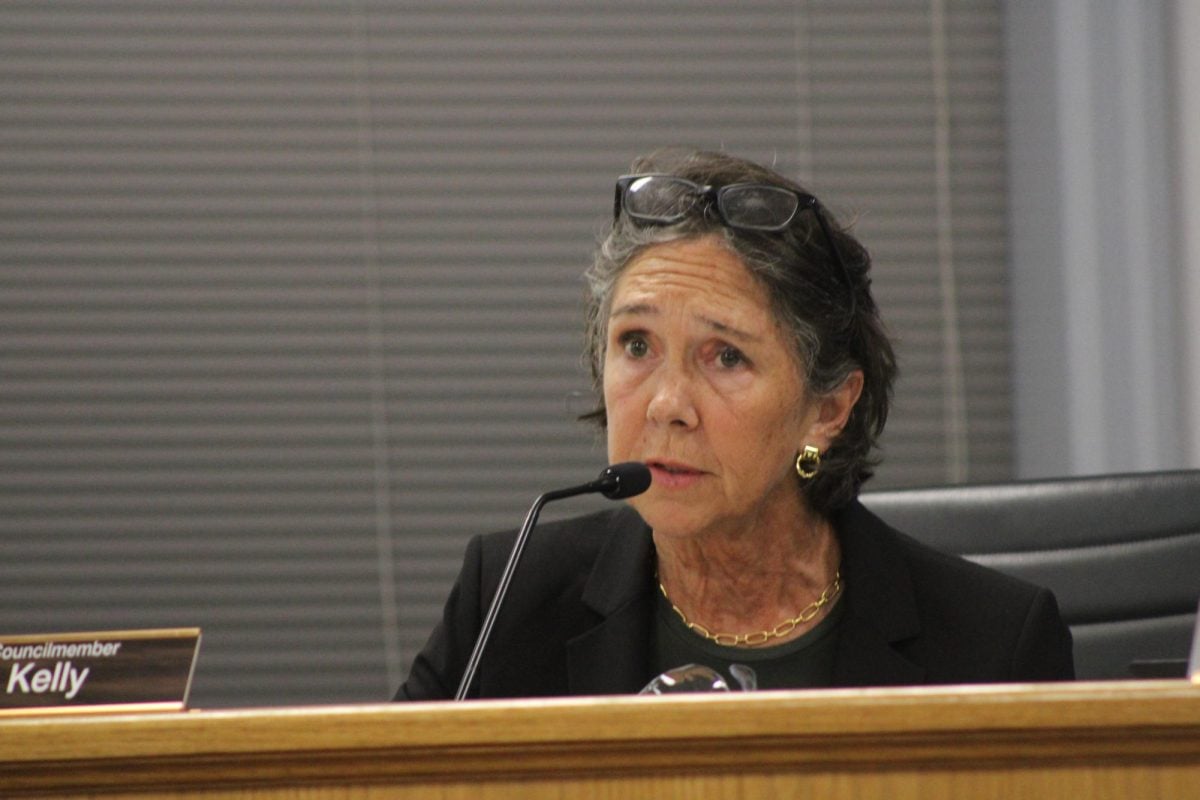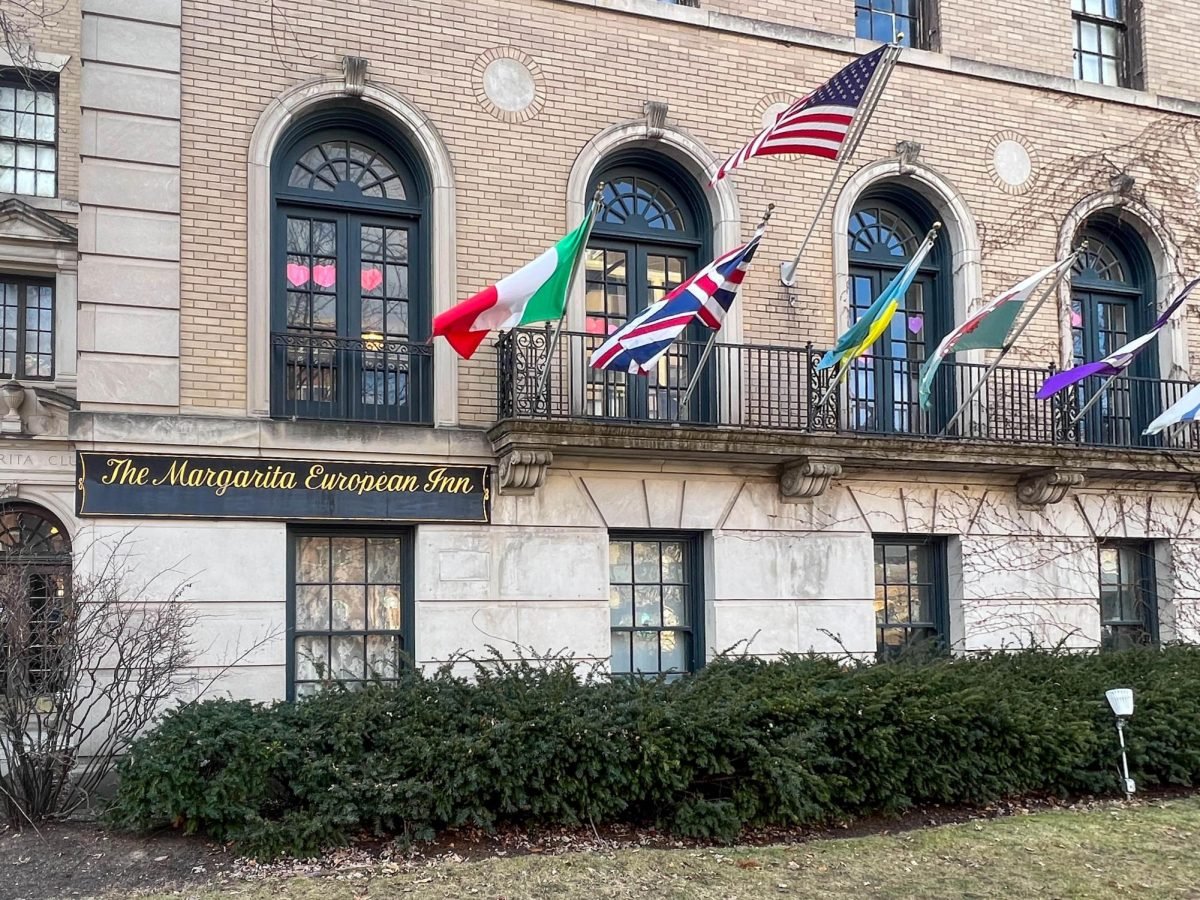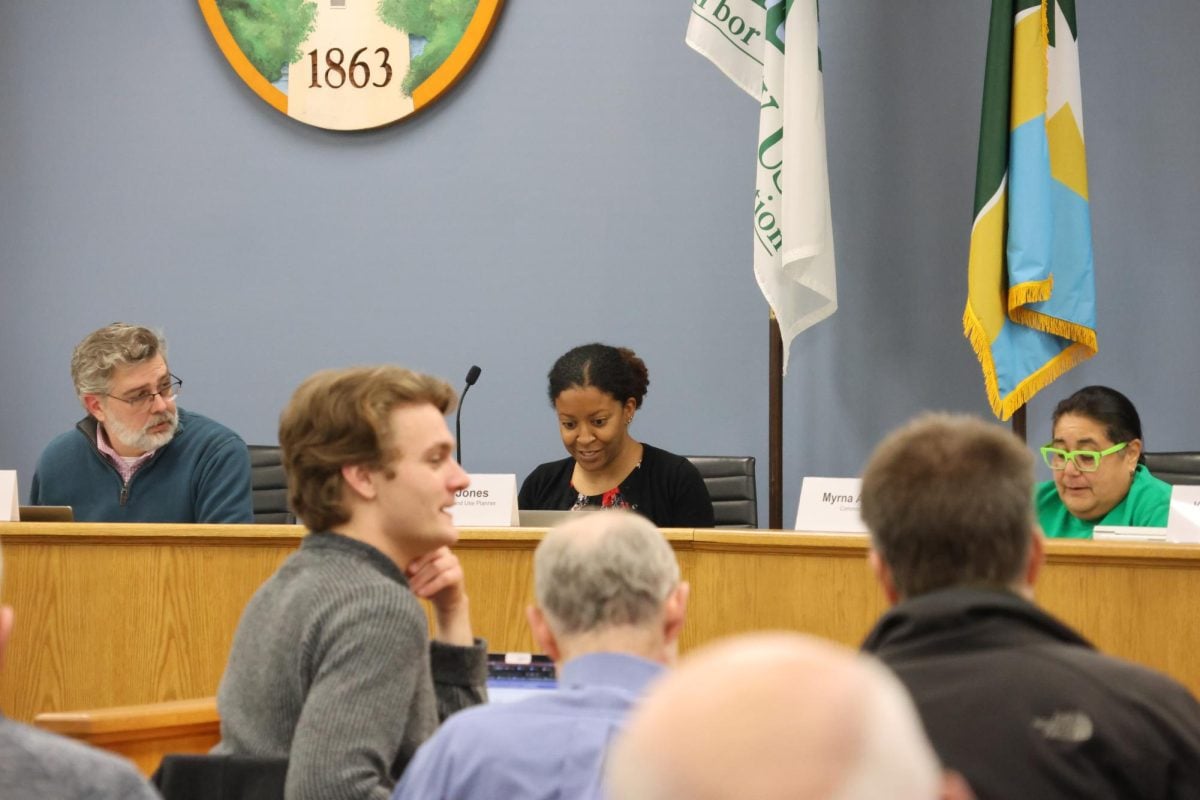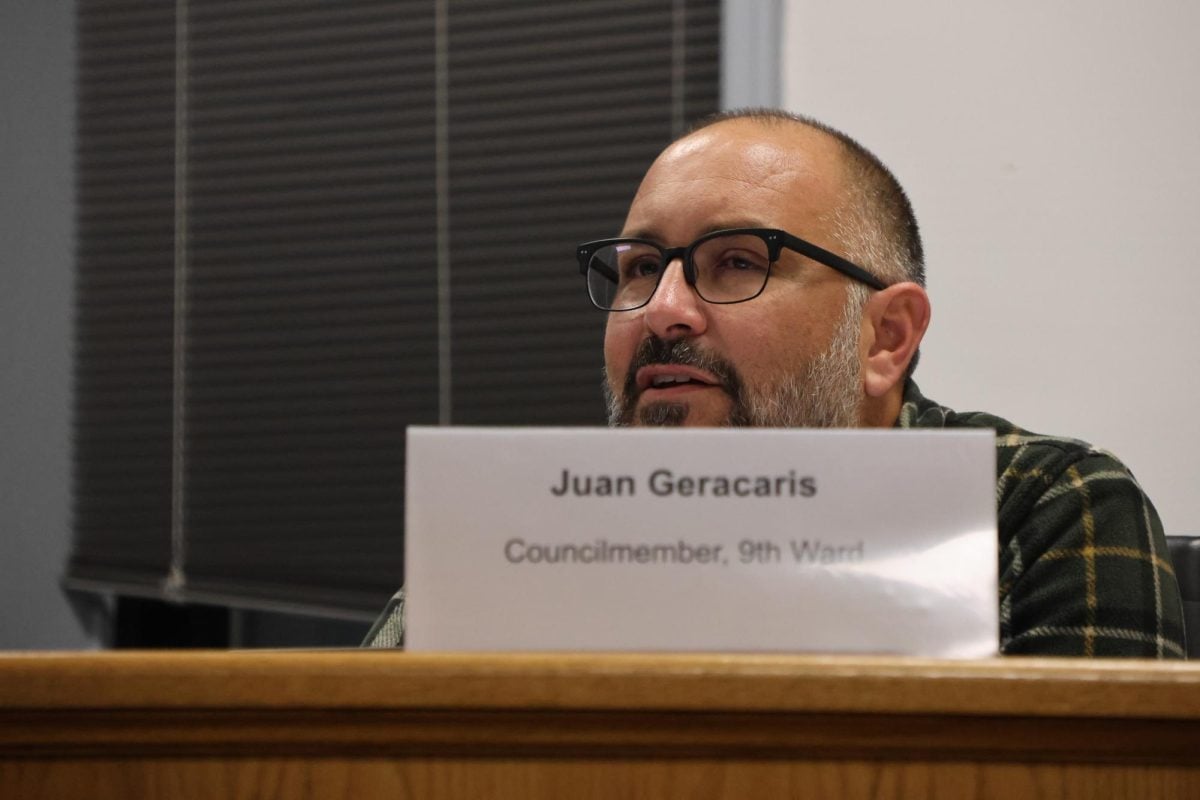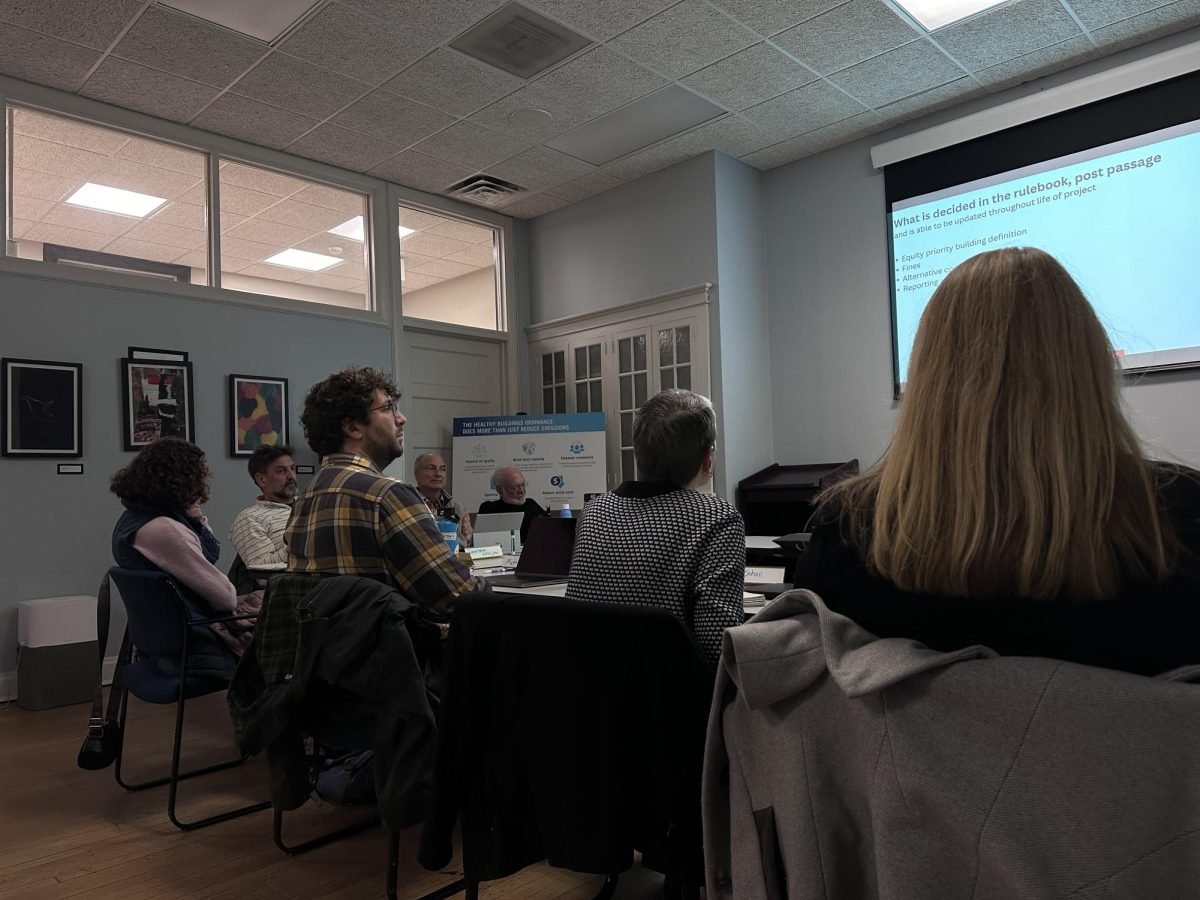Members of the Evanston City Council discussed potential allocations for pension debt repayment and mental health services during Monday night’s presentation on the proposed 2013 budget.
City manager Wally Bobkiewicz and assistant city manager Marty Lyons presented the budget draft to the council. They proposed an operational budget of $248 million and a deficit of about $16 million, the smallest budget gap in years.
“It is a budget … that is a stark change from budgets that I unfortunately have had to present to you the last couple of years,” he said. “I think this is a budget that represents a city on the move. It’s a budget that represents stability. It’s a budget that represents a foundation for us to do new, greater things as a community over time, but doing it in such a way that is mindful of tax impact on our residents, the fee impact on our residents.”
The budget proposes total revenue valued at $232,217,592. It would not raise property tax or substantially increase fees and charges, Bobkiewicz said. He also proposed a six-month delay to a 3-percent raise in water and sewer rates, originally scheduled to take effect Jan. 1, 2013.
Bobkiewicz said the city would not slash expenditures in 2013 because doing so would compromise the quality of life in Evanston.
He suggested the city should strengthen partnerships with other suburbs and the private sector for innovative ways to cut spending and create revenue. He said the city should tap Northwestern to create more local jobs, potentially by providing office space for companies run by professors.
“I think a lot of professors are inventing things, coming up with new ideas, which are creating great companies,” he told The Daily on Monday. “Those companies want to be near campus; they need to have office space to serve them. Our challenge, from a development perspective, is what can we do to make that office space available?”
Pension fund debt remains the city’s biggest fiscal challenge, Bobkiewicz said. He proposed paying an additional $500,000 more than the actuarial recommendation to the city’s police and fire pension in 2013.
“It sends a message that the city is serious about pension debt so it’s going to do what it can,” he said. “But then it considers everything else that we are trying to juggle to make sure those are also taken care of.”
Evanston Mayor Elizabeth Tisdahl asked what it would take for the city to pay off more than half its current pension debt. Lyons said theoretically it could be done within four years.
“I’d be so happy on that day,” Tisdahl said.
Bobkiewicz also warned the city of potential funding cuts from the state of Illinois.
“It’s going to happen one night and we’re going find out it’s happened to us – we are going to find out that we lost millions with no prior notice,” he said. “We have to make sure we’re not crippled as an organization.”
The most debated budget item during the presentation was a proposal to allocate $85,000 for hiring a crisis intervention coordinator, based on recommendations from the city’s mental health board. Ald. Ann Rainey (8th) argued the township and other nonprofits already fulfill the function of crisis intervention.
“That we are putting $85,000 in this budget for something that we are already funding other various organizations to do, I think, is just a mistake,” Rainey said. “This is not a city function.”
But Ald. Judy Fiske (1st) said there is definitely a need in her ward for such service, which city staff are not equipped to handle.
“The economy, especially foreclosures, puts all sorts of societal pressures on some people that sort of fall outside the perimeters of what we have been serving,” Fiske said. “It’s very clear to me that we need someone doing this, whether it’s someone working within already organized groups or not.”
Bobkiewicz said the proposed budget meant to set aside the specific dollars so the mental health board could find the ideal solution based on the budget allocation.
At the end of the presentation, Lyons announced the city will host the first public budget hearing Nov. 10.
Karen Danczak Lyons, director of Evanston Public Library, attended the presentation. She said she thought the budget was “very thoughtfully done.”
“I think it … balances priorities of the citizens with the need to be really cognizant of flat property taxes,” Lyons said. “It’s always a balancing act, and I think this budget really elegantly meets both these challenges.”








